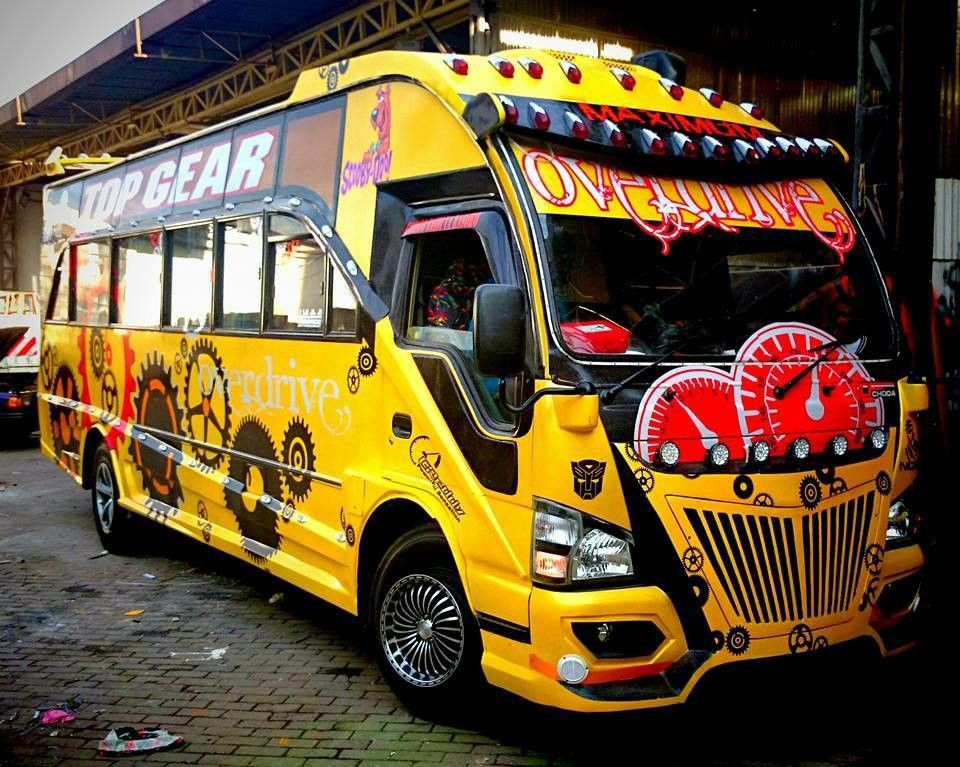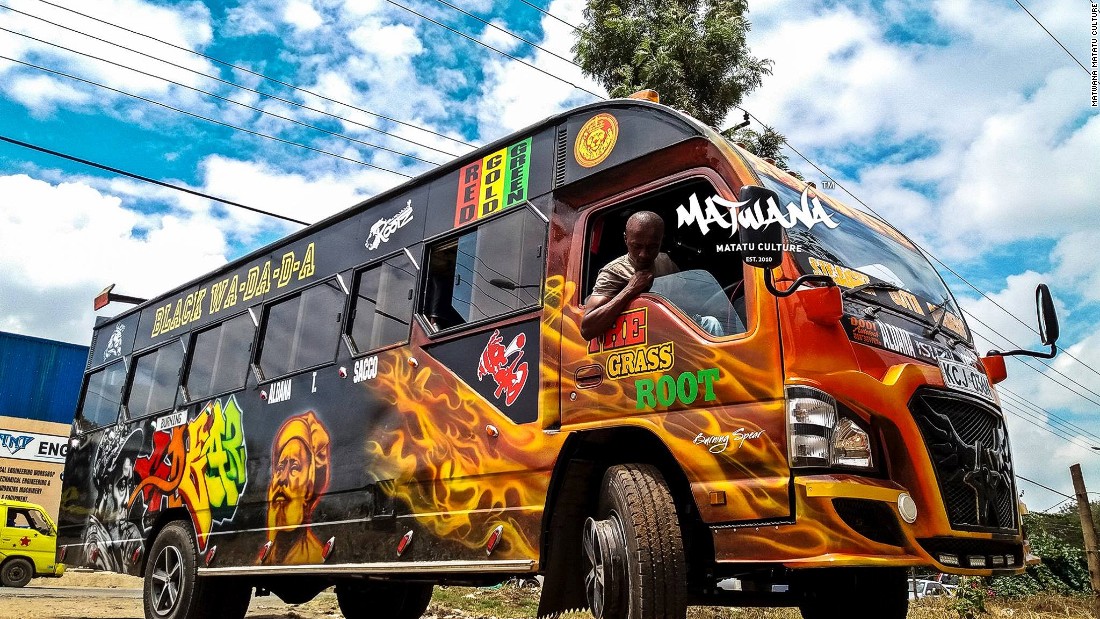The secret to successfully invest in a Matatu and still keep your sanity intact
There’s never a dull moment on Kenyan roads, for our Matatu crews. It’s a world of pulsating adrenalin, theatrics and daredevil stunts. It’s a constant rush against time, deadlines and the endless hide-and-seek with lawmakers donning the white, peaked caps.
In every teen’s struggle with identity, a large percentage has given serious thought to join a Matatu crew as a lifetime career choice. I mean, it seems so cool. The conductors are usually awash with currency, and decked in the latest fashion trends. This industry, unlike uptight office careers, allows a lot of freedom. Dress code. For who?
Hair styles?
You fancy hair dyed bright red? Dreadlocks? Punk hairstyles with clean-shaven sides? In this industry, this is game!
The city is vibrant with color from awesome graffiti on pimped-up Matatu rides. Its pure art. It’s a culture that celebrates diversity of tastes and doesn’t give credence to tribal origins. Striking graffiti themes ignore color, creed or origins.
Sports. Music. Hollywood. Hip hop. Ghetto. These graffiti themes unify people in the city as one.
An occasional brush with the law adds a bad-boy image to the trade. The perpetual rush to beat deadlines, or make some quick cash may inspire an illegal turn, or a prohibited pick and drop. These episodes are usually well-managed and the two strange bedfellows have learnt to share the limelight.

A lot of people depend on this trade, indirectly. There’s youth who earn bread by merely calling out passengers at bus termini. Large hordes of hawkers sell their wares in the Matatu as they wait for their clients.
Regretfully, some of these Matatu make stunts on the road that sometimes result in loss of life, or damage to property. There has been calls and movements to sensitize proper driving practices. Increased awareness has had positive impact as passengers now readily call out recklessness.
The uncelebrated souls in this trade are the invisible owners and investors. Think of the insane levels of stress one has to endure on a daily basis, with a bunch of unapologetic clowns running your investment worth millions of shillings?
Unless a proper business strategy is in place, early trips to the doctor for stress-related complications are inevitable.
At Parklands, there is an open-air auto garage – cluttered on one section with written off engine blocks, bonnets and dusty car seats. This yard belongs to a cheeky, jovial Arab gentleman who invites freelance mechanics to work freely, as long as they source for spares from his shop. It’s always busy, and noisy.
His name is Nawaz Khan, or simply as The Mechanic. Nawaz likes to narrate of his journey in the Matatu trade, of which his family has invested tens of millions. In the early days, before the famous Michuki Laws that trimmed the insanity in the streets, Nawaz always had high blood pressure.
One driver has been arrested.
One Matatu has been rear-rammed on Mombasa Road – designated route is Thika Road.
One Matatu has been nabbed transporting illegal substances.
The calls would come through all day long, always something needing attention with his vehicles. He wouldn’t get off the streets, though. Nawaz had literally grown up in a Matatu – watching his father drive.
Luckily, the Michuki Laws had the Matatu owners form Sacco’s. Each investor gave up the daily running of his vehicles to the Sacco, and settle with weekly bank remittances. This greatly worked in Nawaz’s favor: work fulltime in his auto-spare business.
On a weekly basis, Nawaz uses his phone to check his Co-op Bank account. With the New Co-op Internet Banking, Nawaz easily requests for bank statements for free.
It’s inevitable that a lot of riff raff hang out at his yard for the odd jobs, and he recently lost his wallet. The New Co-op Internet Banking had allowed him to easily block the Co-op Bank cards in the lost wallet. Since then, he has embraced cashless transactions.
The New Co-op Internet Banking allows a lot of other activities: Buying airtime and internet bundles directly from the account, make utility payments like cable TV, water and power bills, and lots more.





